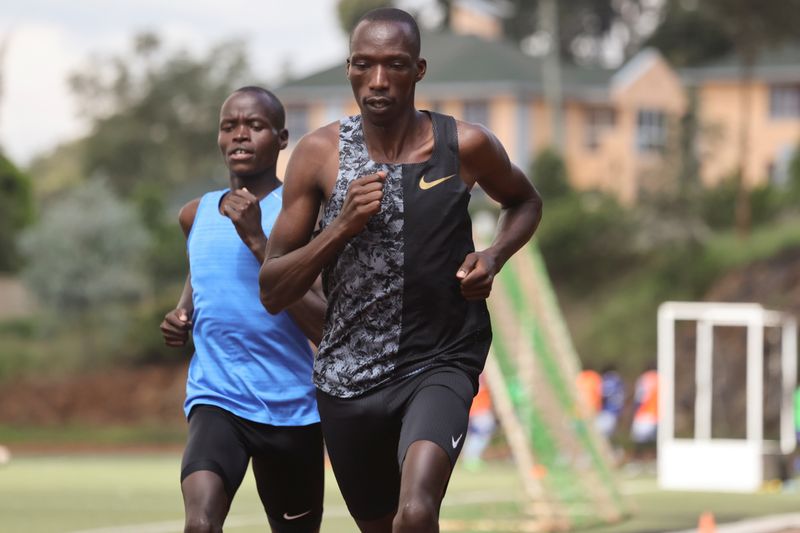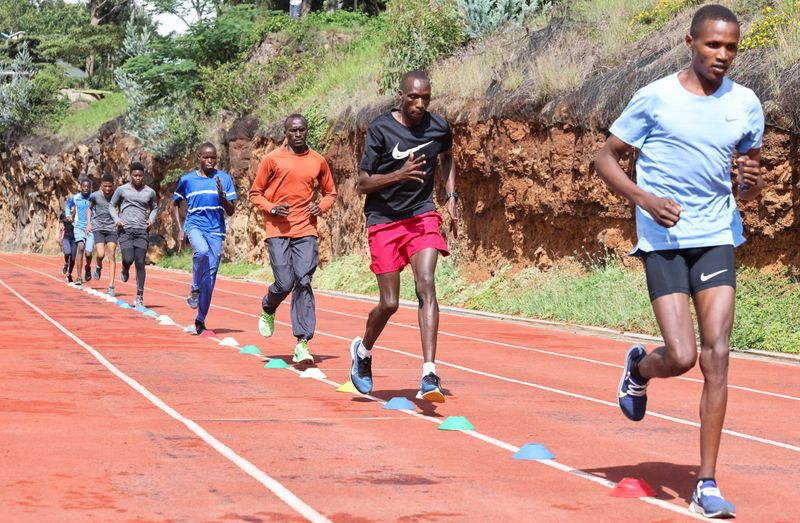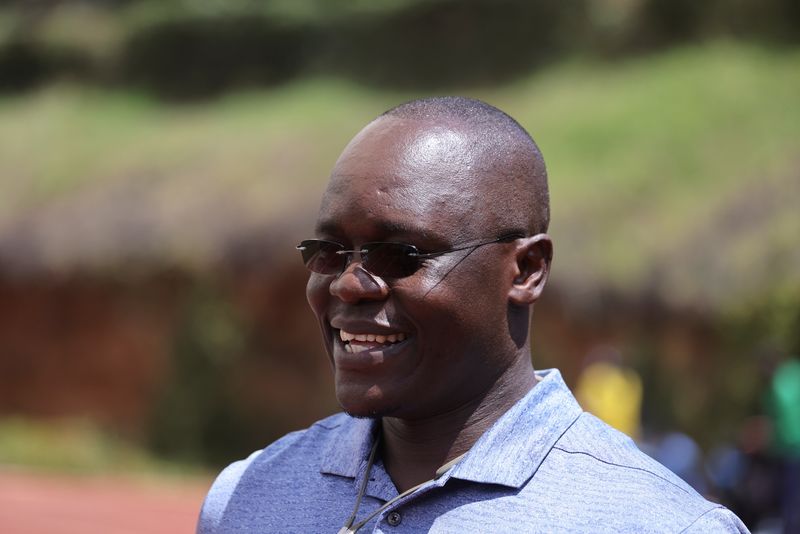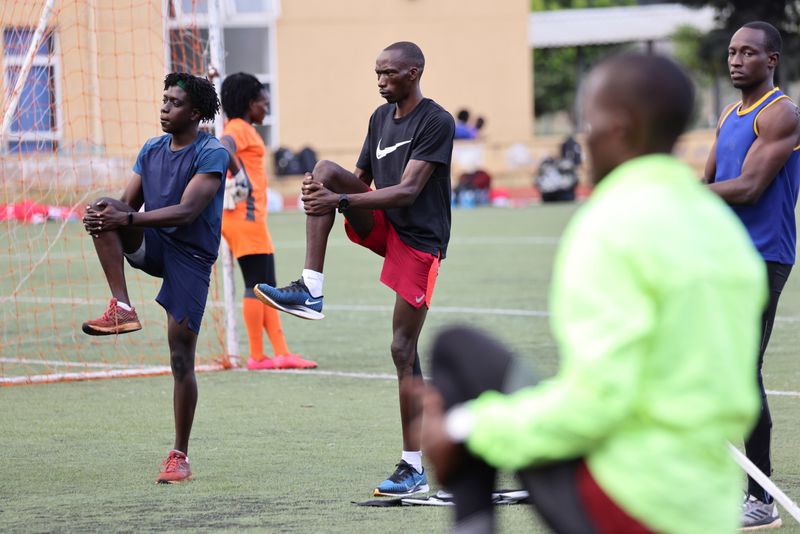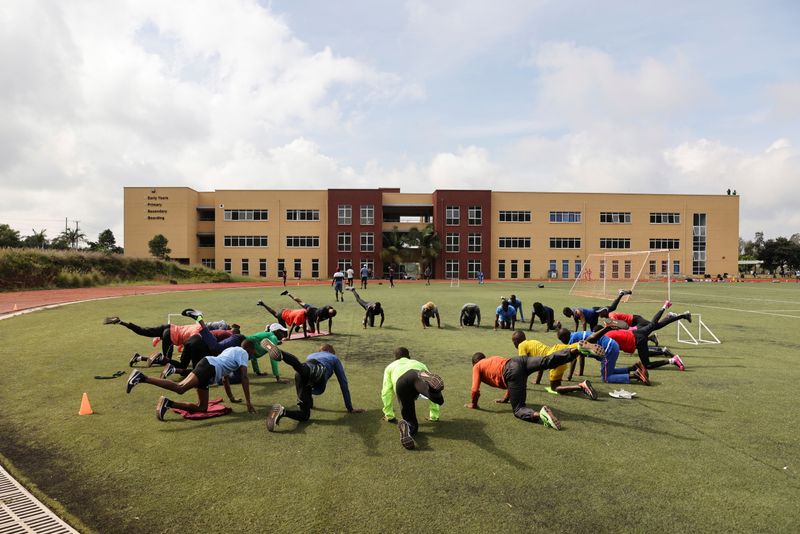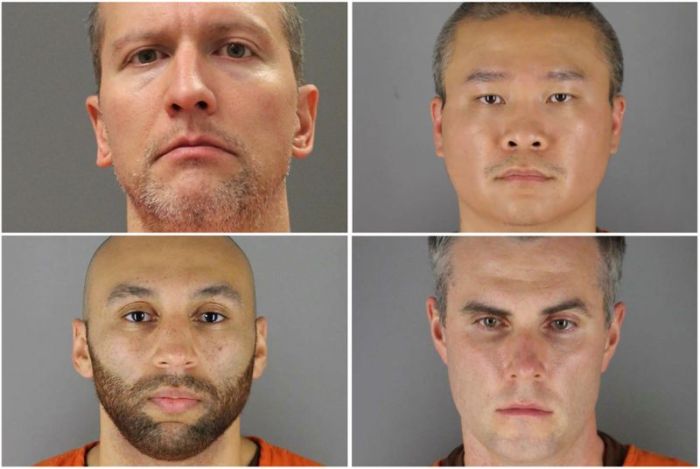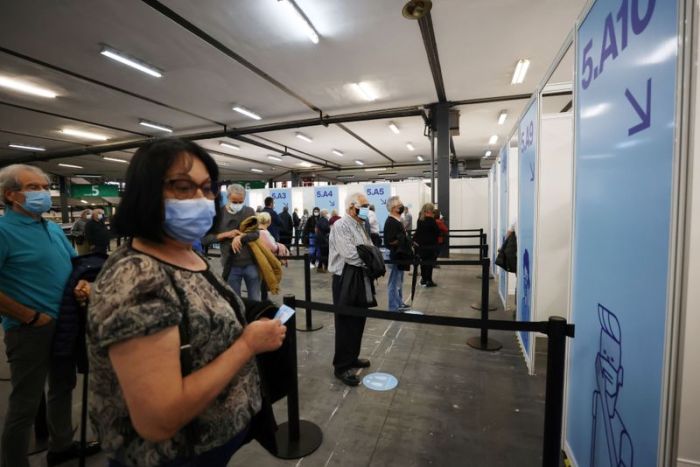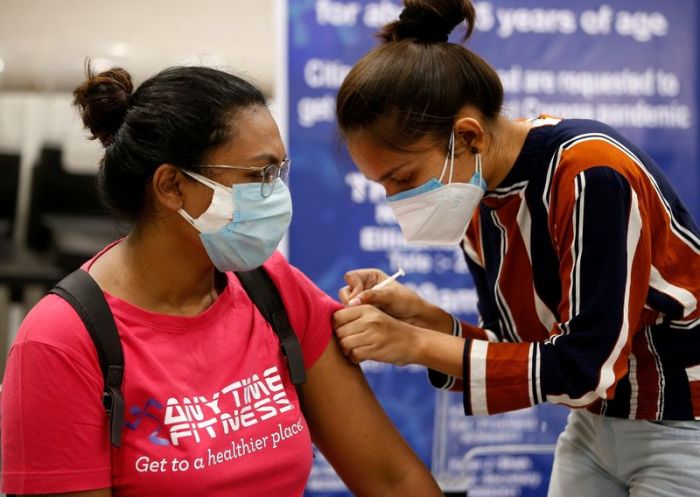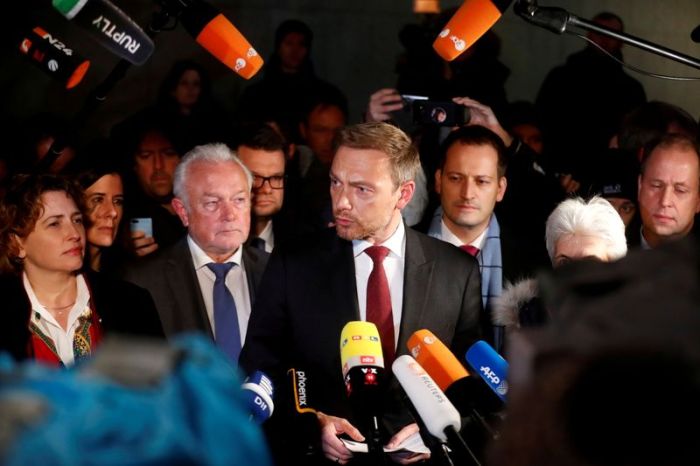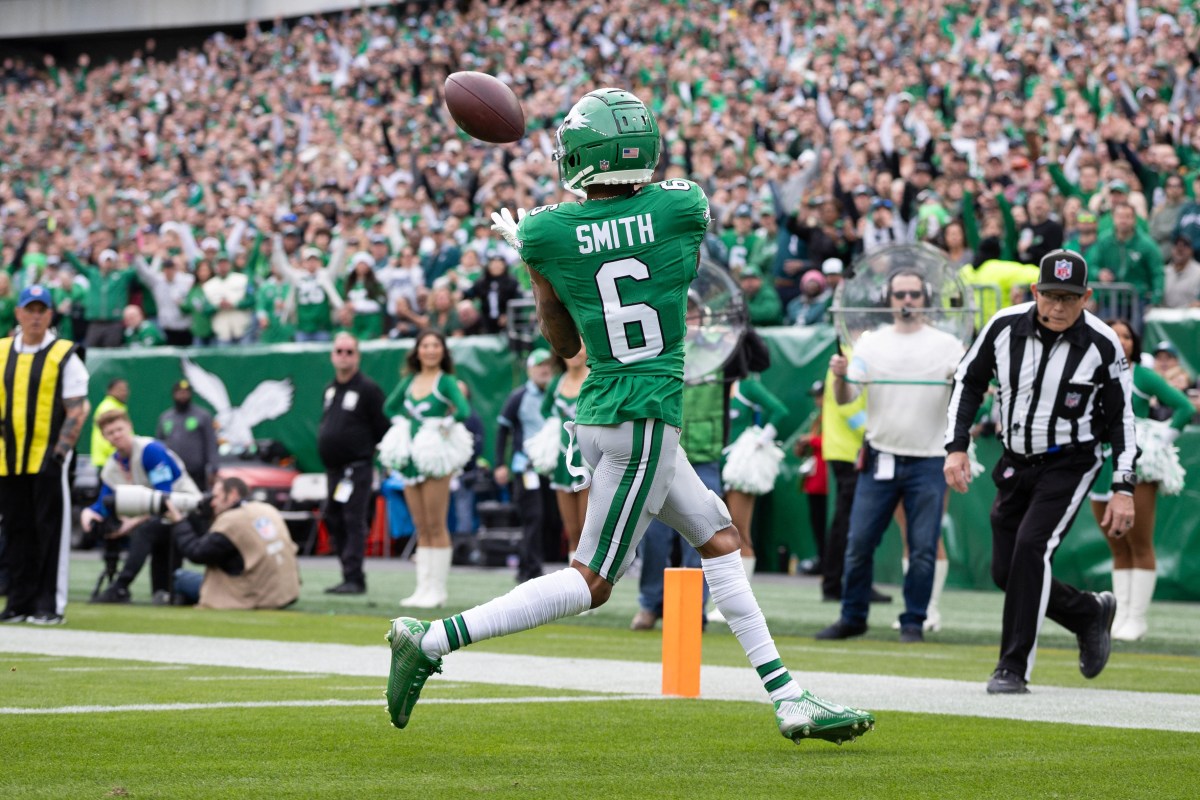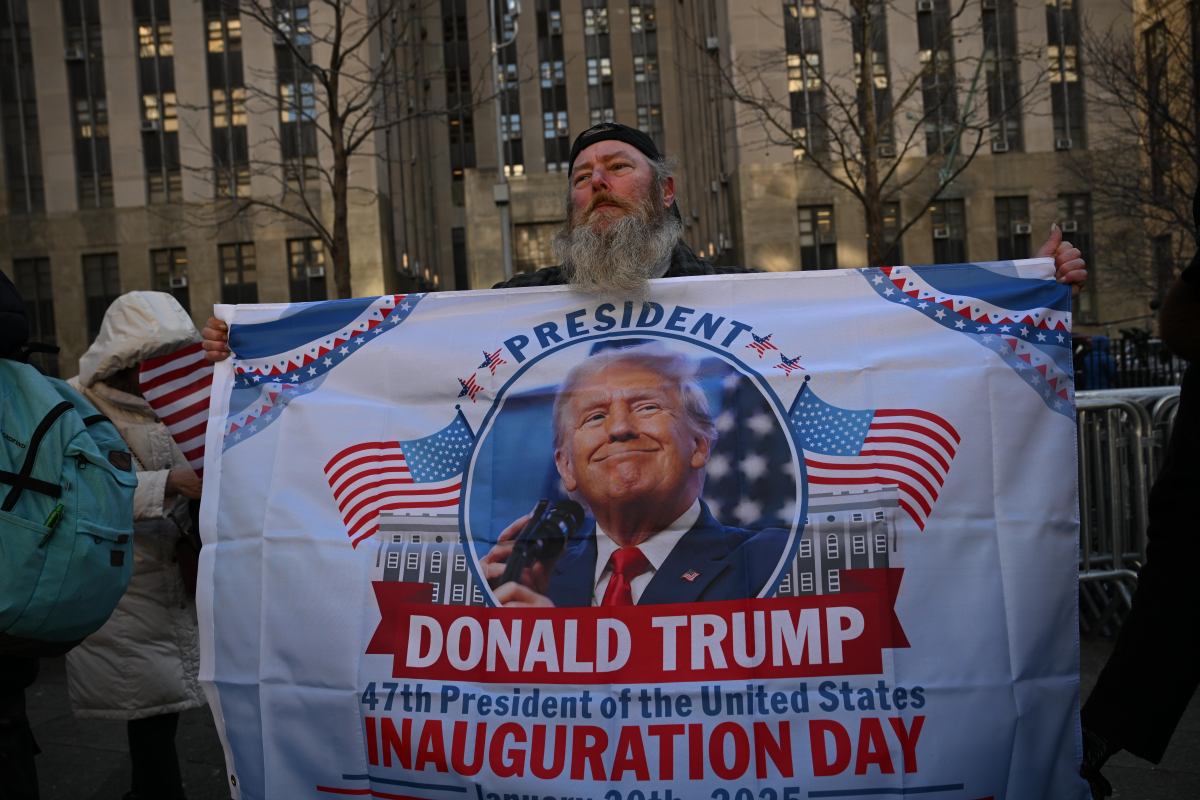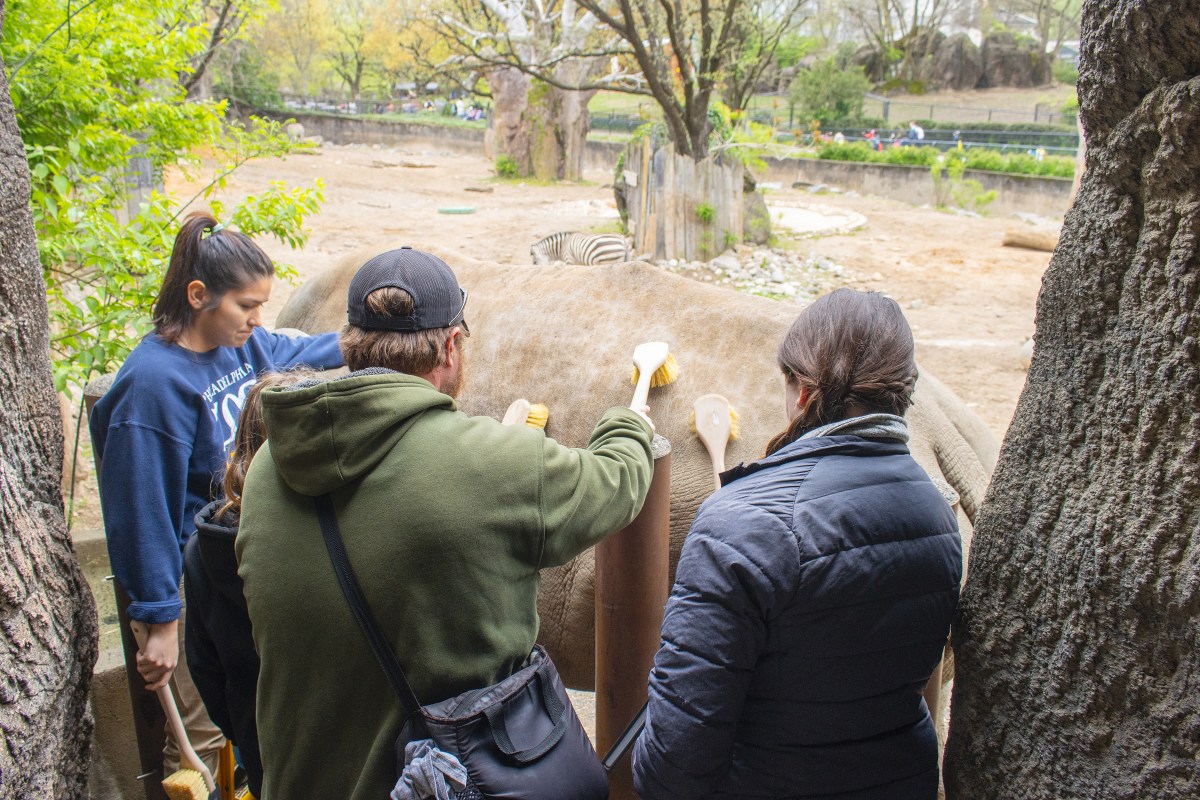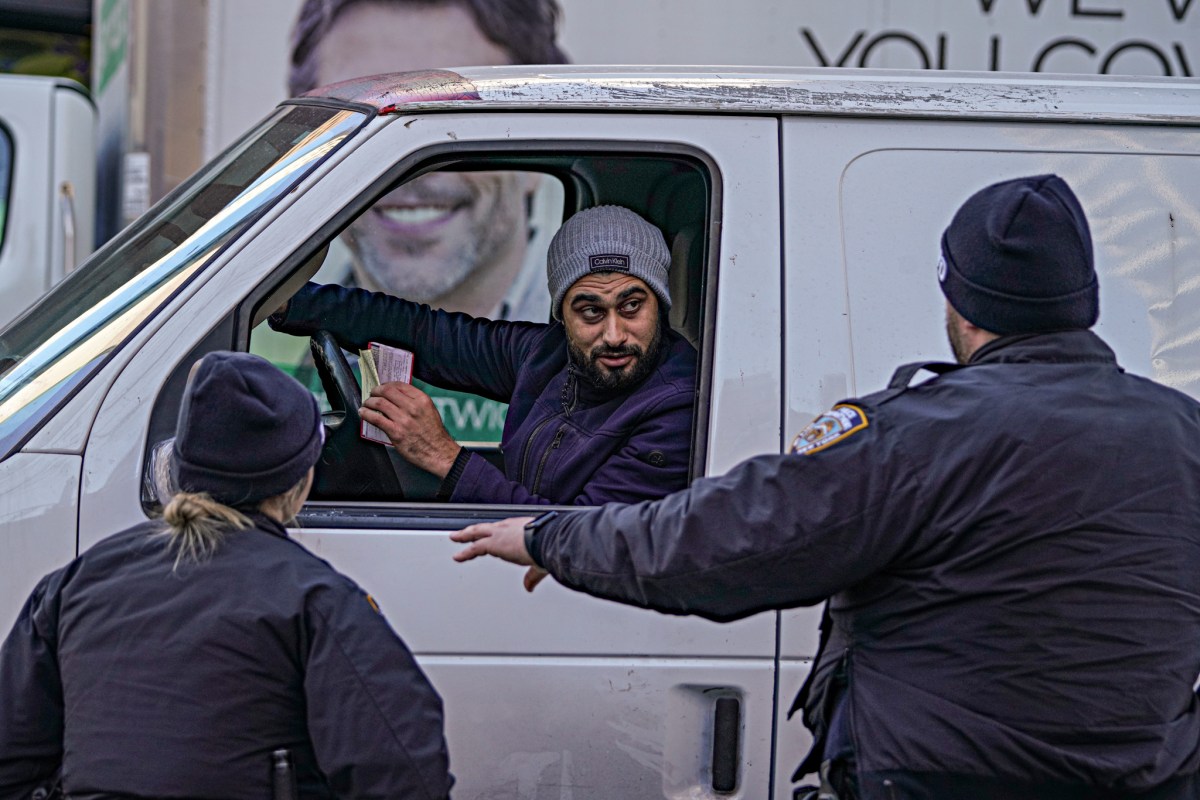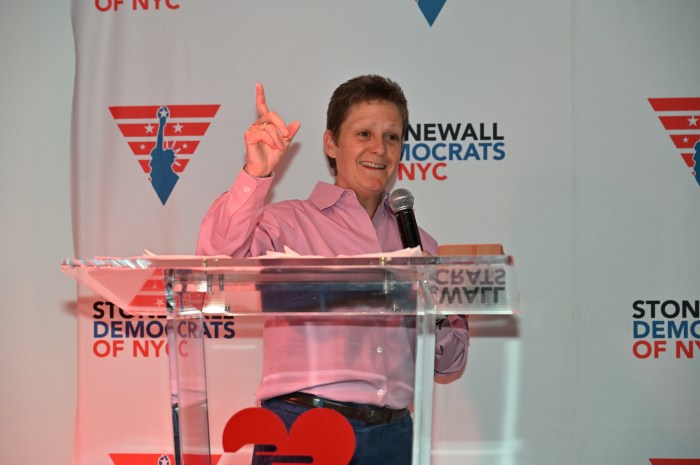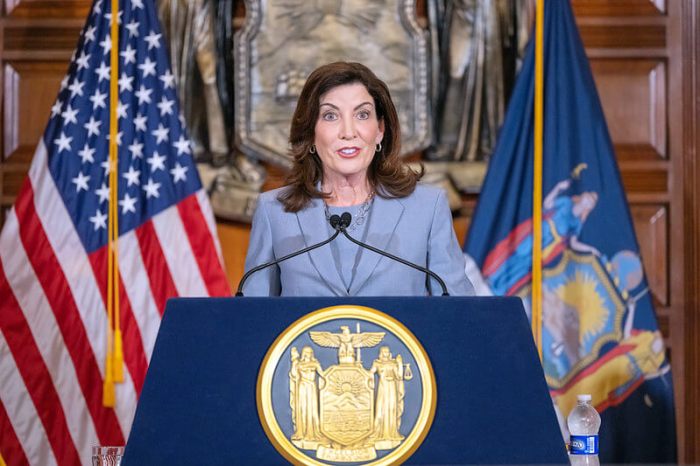NAIROBI (Reuters) -Coach Bernard Ouma barked orders to start stretching and the team of a dozen athletes fanned out in the morning sunshine, leaving a good six feet between them.
Among them: Kenya’s 1,500 metre world champion Timothy Cheruiyot, who has been struggling to keep a consistent training schedule in a topsy-turvy year as he prepares for this summer’s Olympic Games scheduled in Tokyo.
Cheruiyot was one of the top contenders for an Olympic gold in Japan after an impressive 2019, when he won the world title in Doha. Then the Games were postponed amid the COVID-19 pandemic.
Now, the three-time Diamond League champion is being forced to adjust. He sometimes has to train alone, rather than in his traditional team environment.
This makes the mental aspect of the sport even more important, Ouma said. He has pared down the intensity of Cheruiyot’s training, putting more emphasis on the process.
“I said I am not interested in timing,” said Ouma. “I just want to see effort. Show me how you can run, this eases pressure.”
He has worked with Cheruiyot more closely on his mental strength to help build his resilience, checking in how he is coping and what is happening with three younger siblings and his parents, who are farmers in western Kenya.
“Last year was bad, this year … we are prepared for any eventuality,” Ouma added.
“We live together, all of us, that means the bubble is working for us and we try to keep up the adherence of the COVID-19 protocol.”
Their routine is simple: train at the track or running on a track in Nairobi’s National Park – home to lions, hyenas and rhinos.
“Luckily the animals don’t have COVID,” Ouma joked.
Cheruiyot still managed to compete in some races last year despite the pandemic.
He won in Monaco and Stockholm, showing little signs of rust in either race, although he lost a 2,000 metre virtual race in June, where his “Team Cheruiyot” pitted themselves against the Norwegian “Team Ingebrigtsen”.
“When we go to races, we normally go there and train. But now, you are going there and stay in a room. It’s a bit challenging,” Cheruiyot said.
“RUNNING AGAINST TIME”
He told Reuters that all athletes are grappling with similar COVID-19 related disruptions.
Cheruiyot has not yet received the COVID-19 vaccine, Ouma said, but he is in the queue.
He has adjusted to competing without fans, a reality at most sporting activities in the past year and a strong possibility at the upcoming Olympics.
“I can balance my race because we have competitors,” Cheruiyot said. “Although I know there are no fans on the track, there are sounds in the track so I can run without fans.”
“I am running against time,” he added.
While the 25-year-old hopes to compete in some races in Europe and Qatar in the next few weeks, COVID restrictions permitting, his focus remains the Olympics.
But he needs to qualify at next month’s trials first. In Kenya, which scooped 13 Olympic medals four years ago in Rio and boasts world record holders such as marathon runners Eliud Kipchoge and Brigid Kosgei, making the team can be even more daunting than the Olympics themselves.
In 2016, Cheruiyot failed to qualify for the Rio Games after finishing fourth in the trials for the 1,500m race, a mere half a second from making the team – a moment he described as one of the worst of his career.[https://reut.rs/2L2AXKZ]
“Trials in Kenya is very competitive,” he said.
But he’s itching for an elusive Olympic win.
“I lack a medal in Olympics, so that is my goal,” he added.
(Reporting by Omar Mohammed; editing by Katharine Houreld and Christian Radnedge)

